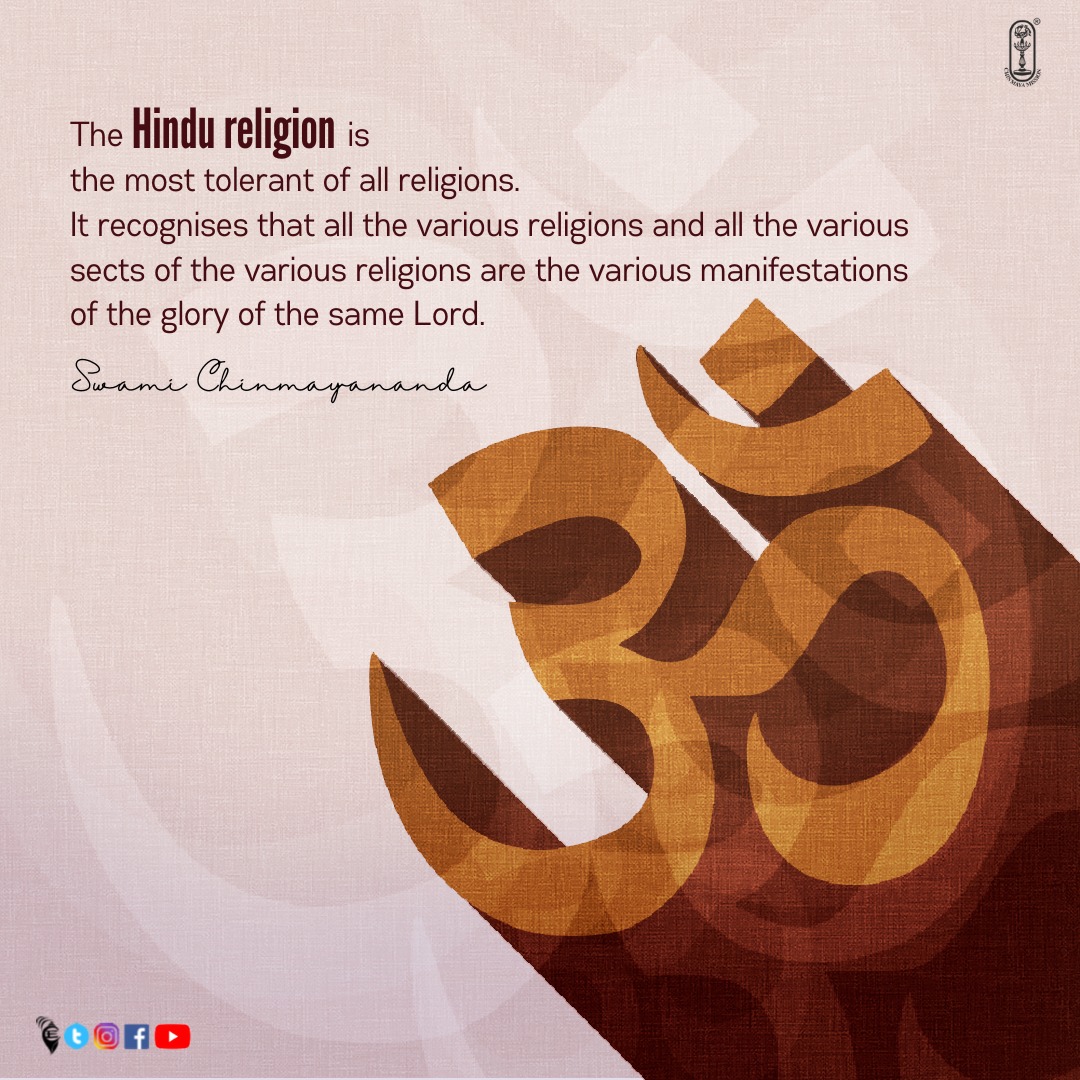The Philosophy of the Bhagavadgita - 4.3. : Swami Krishnananda.
=========================================================================
Tuesday, January 24, 2023. 08:00.
Chapter 4: The Struggle for the Infinite - 3.
=========================================================================
But though we appear to be living in a terribly difficult atmosphere, impossible to understand, and more difficult to live in, there is something in us which compels us to get on in this world, notwithstanding the environment that is around us which threatens us every moment of time with consequences dire. All this does not matter; we, somehow or the other, wish to live, even if it be in hell itself. We wish to live here. The desire to live in hell is to be explained. The explanation comes only from something mysterious within us which does not belong to this phenomenal world, and which we cannot understand with the phenomenal mind, understanding, or reason. We are between the devil and deep sea, pulling us in different directions—something telling us something inside, and something describing another thing altogether in a different manner outside in the world of senses.
The spiritual seeker girding up his loins for God-realisation, for leading a spiritual life, is faced with the complex of the world and the difficulties presented by the social relations. What about my father? What about my mother? What about my sister? What about my relations? What about my disciple? What about my Guru? What about this and what about that? Now, all these are nothing but items of relationship; and the Absolute is non-relational. It is not related to anything, and to aspire for the Absolute would be to aspire for a non-relational existence. But our existence in the relational world is so tight, and we are tethered to the peg of relativity with such strong ropes that we are likely to commit the error of interpreting our aspiration for the Absolute in terms of relations. This is a danger even on the spiritual path. We may like to justify everything—even the aspiration for the Absolute, God-realisation, or moksha—relationally, all of which can be cast into the mould of sense-experience and egoistic pleasure.
The love for immortal existence can be interpreted as a love for existing as ‘this individual' for an endless period of time. People are frightened by the very idea of the abolition of personality in God-realisation. And there are philosophies which repudiate such a possibility, because if we are abolished, what, then, remains? If the aspirer ceases to be, what is he aspiring for? This frightening situation may shake us from the bottom, and we revert, once again, to the old cocoon of bodily existence and social relationship. And the Mahabharata war would not be!
Arjuna says, “I bid good-bye. Here is my grandsire, Bhishma; here is Drona, my Guru; here are my cousin brothers, all come from the same ancestor; the same blood is flowing through the veins of everyone. What can be a greater sin than to aim an arrow at the venerable Bhishma, on whose lap I sat and listened to stories when I was a child? And what greater sin it could be than to contemplate the destruction of social values, and cause sorrow and pain to those who are related to me and who depended on me for sustenance? Am I to aim against the world which is so beautiful and grand, and which is full of such values?” The human society in which we are living is, indeed, meaningful; and today we cannot see a greater meaning in life than human society. All that we are working for, studying for, day and night, is only for human society. We know that there is nothing else in our minds. Though we may have organisations, we may be spiritual leaders, we may be anything, all this is for human society and not for cats and mice, or for tigers, trees and mountains. We are concerned only with our own species. A frog loves only the frog, and the frogs form a frog united nations organisation, and so on. We are just puny creatures with all our boasted understanding, and Arjuna's arguments really strike a poor note before the mighty Krishna, who was listening to all this harangue. “What a pity! A hero speaking like this! I thought you are made of a better stuff. At this crucial moment you are failing. Having renounced kith and kin, homestead and chattel, and taken to the path of God-realisation, you are still speaking in terms of humanity, in terms of your personal immortality, and in terms of justification of the values of the world of Nature. You want to have the same earthly satisfaction even in God?”
*****
To be continued
=========================================================================





.jpg)



Comments
Post a Comment